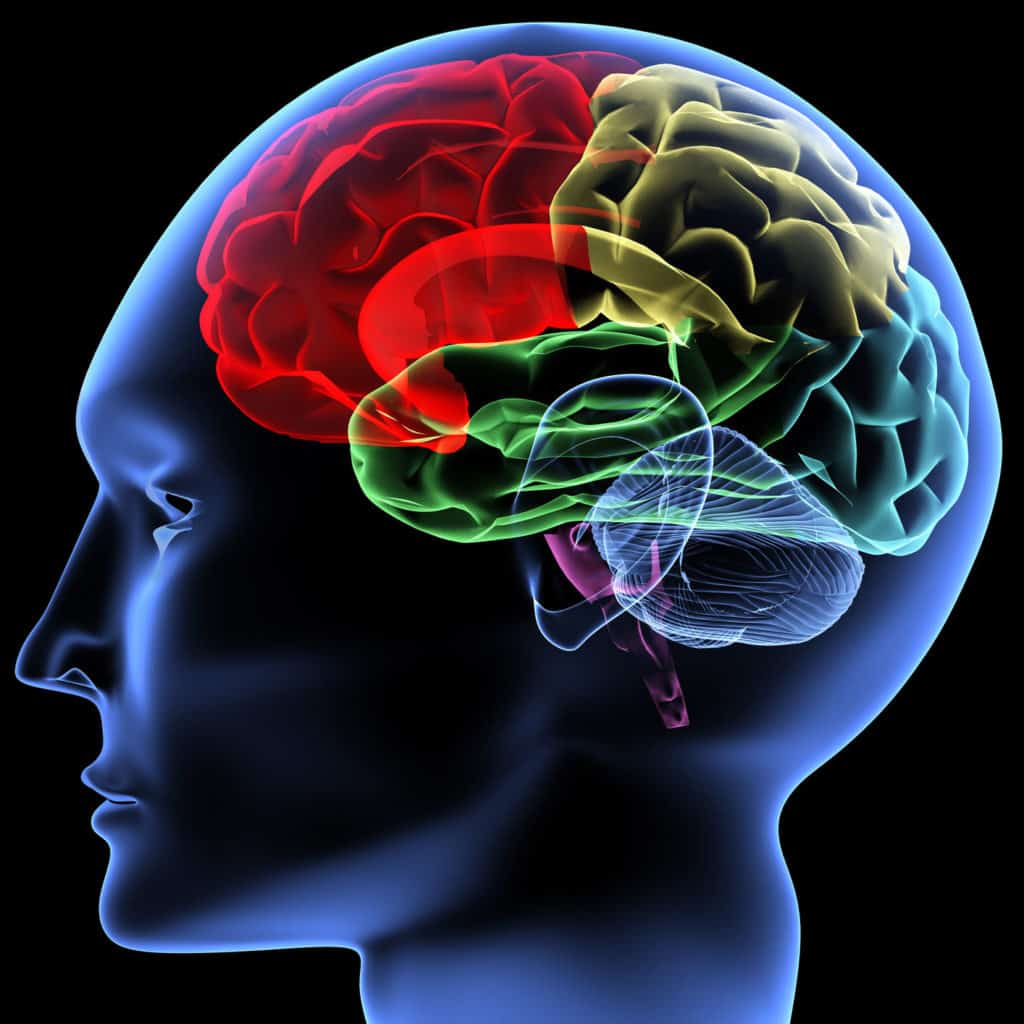Alcoholism and drug addiction is so prevalent in our society.
Statistically, it is almost impossible to not be in some kind of a relationship with a substance-abusing person. This disease changes you. It affects you, even if you are not the one doing the substance abusing. It affects your family.
Many people don’t know what addiction is.
Many think others are addicted only if the abuse involves illegal drugs. Or, they believe that alcoholics are only the ones who lose their jobs from drinking. Not true. People who abuse substances to the point of having any negative impact on their lives or the lives of their families can be considered alcoholics or addicts.
The words alcoholic and addict are used interchangeably because whether the substance is legal or illegal drugs, or alcohol, the disease is the same in everyone.
Five Major Ways Addictions Can Affect Your Life, Even If You Are Not The Addict
If you are in a relationship with a problem drinker or problem substance abuser, or if you have a family member who is an addict, there are five major ways that this disease may affect you.
1. You can become more controlling.
It is normal for this disease to make a person feel anxious or overwhelmed. Because of this, the family member usually becomes more controlling of their environment. For example, if you are a boss at a company, and your spouse has a drinking problem, you might over-manage your employees. You could channel that control need into making more and more rules and restrictions for your employees. If you are a parent, you may do this with your kids, managing their relationships or being overly restrictive.
2. You can become anxious and more easily overwhelmed.
You will worry more in general about everyone you care about. If you are a mom or a dad, you may be overly-focused on your child. You want to make them happy at all costs, and you become overly worried if something goes wrong for them at school. Work is more difficult. Everything gets harder.
3. You might think you can help when you can’t.
People who are in relationships with substance abusers will often try harder and harder to “make” the addict/alcoholic happy. They will work hard to do whatever it takes to “make them OK” so the drinker or user won’t need to drink. Sadly, this will not help. Addiction has nothing to do with someone’s environment. Even if a substance abuser likes to blame their difficult work or the messy house, these are just excuses.
4. You can become fixated on the other person’s behavior.
Wondering and worrying about things like, “Will ____ drink tonight?” or “What if they drive?” or “How will it be at home if ____happens?” These worries can become a fixation in your mind, leading to self-neglect. This cycle repeats over and over.
5. You can get blinded by denial.
If your loved one is a substance abuser, it is normal to go into denial. Remember the woman who killed her children and several other people after driving with 10 drinks in her system? Her family says they knew nothing about it. Denial is a powerful partner to the disease of substance abuse. Even loving parents will turn a blind eye. I see it all the time.
The takeaway: Even if you are just the friend of an addict, or you grew up with an addict who is in recovery, alcoholism and drug addiction have tentacles with deep impact.
Anyone in any kind of a relationship with someone who is addicted has to be touched by this disease. Contact a counselor or a 12-step program such as Al-Anon if you are in this situation. Learn about codependency. Help is out there.
5 Ways You May Change When You Are In A Relationship With An Alcoholic or Addict | PsychCentral










